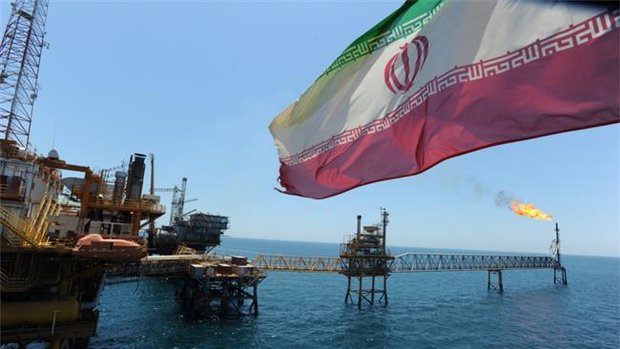Besides European Union member countries, Japan marks a strategic and traditional oil market for Iran in the post-sanction era as the statistics reveal the highest sales of Iranian oil to Japanese refiners compared with Arab OPEC members.
Accordingly, in December 2015 while the sanctions against Iran were still operational, the exports of Iranian crude to Japan left behind other oil exporting countries like Saudi Arabia, Qatar, United Arab Emirates (UAE), Russia and Kuwait.
Meanwhile, oil export growth of some Arab countries like UAE and Kuwait has been negative with only five per cent of growth for Saudi Arabia whereas exports of Iranian crude oil to Japanese refineries has experienced a 34-percent growth.
In December, although sales growths of Iranian crude oil surpassed all suppliers of Japan’s oil demands, Saudi Arabia has remained as the largest oil exporter to Japan by selling about 1.16 million barrels of crude oil to the Far Eastern country.
On the other hand, despite the efforts of some Saudi authorities and some Arab members of OPEC (Organization of the Petroleum Exporting Countries) to maintain oil production in order to prevent Iran’s return to the market, Iran has managed to set a new record in oil sales to Japan.
One major plan pursued by the National Iranian Oil Company (NIOC) is to capture a 10-percent share equal to 350 thousand barrels of crude of Japan’s oil market which in case of realization will turn Iran into Japan's third-largest crude oil supplier.
However, the biggest challenge facing the plan to increase Iran’s crude oil exports to Japanese refineries particularly during the post-sanction period remains that the capacity of the Asian country’s oil refineries has declined over the recent years.
Seyyed Mohsen Ghamsari, Executive Director for International Affairs at National Iranian Oil Company had announced that Iran seeks to gain at least 10 per cent of Japan’s market after the lifting of international sanction reaching a daily export of 350 thousand barrels per day to the East Asian country.
Japanese refineries would put Iran as top priority for importing oil after the removal of sanctions due to the compatibility of Iran’s crude as well as its higher quality compared to the oil produced by other Persian Gulf states.
Japan’s JX Nippon Oil & Energy Corporation, one of the largest costumers of the Iranian oil, has also recently announced the extension of the annual oil contract with Iran for the year 2016 with a capacity of 53 thousand barrels per day.
In the current situations, despite the surplus of 1.5 to 2 million barrels of crude oil in the market causing a serious challenge for oil producers and exporters, National Iranian Oil Company (NIOC) is seeking to extend oil sale contracts with traditional costumers like China, Japan, South Korea, India and Turkey.
Consequently, with the extension of deals to the year 2016 with a number of Chinese refineries including PetroChina, Sinopec, CNOOC and Zhuhai, similar negotiations are being undertaken with Japanese refineries as well.
HA/3051299
